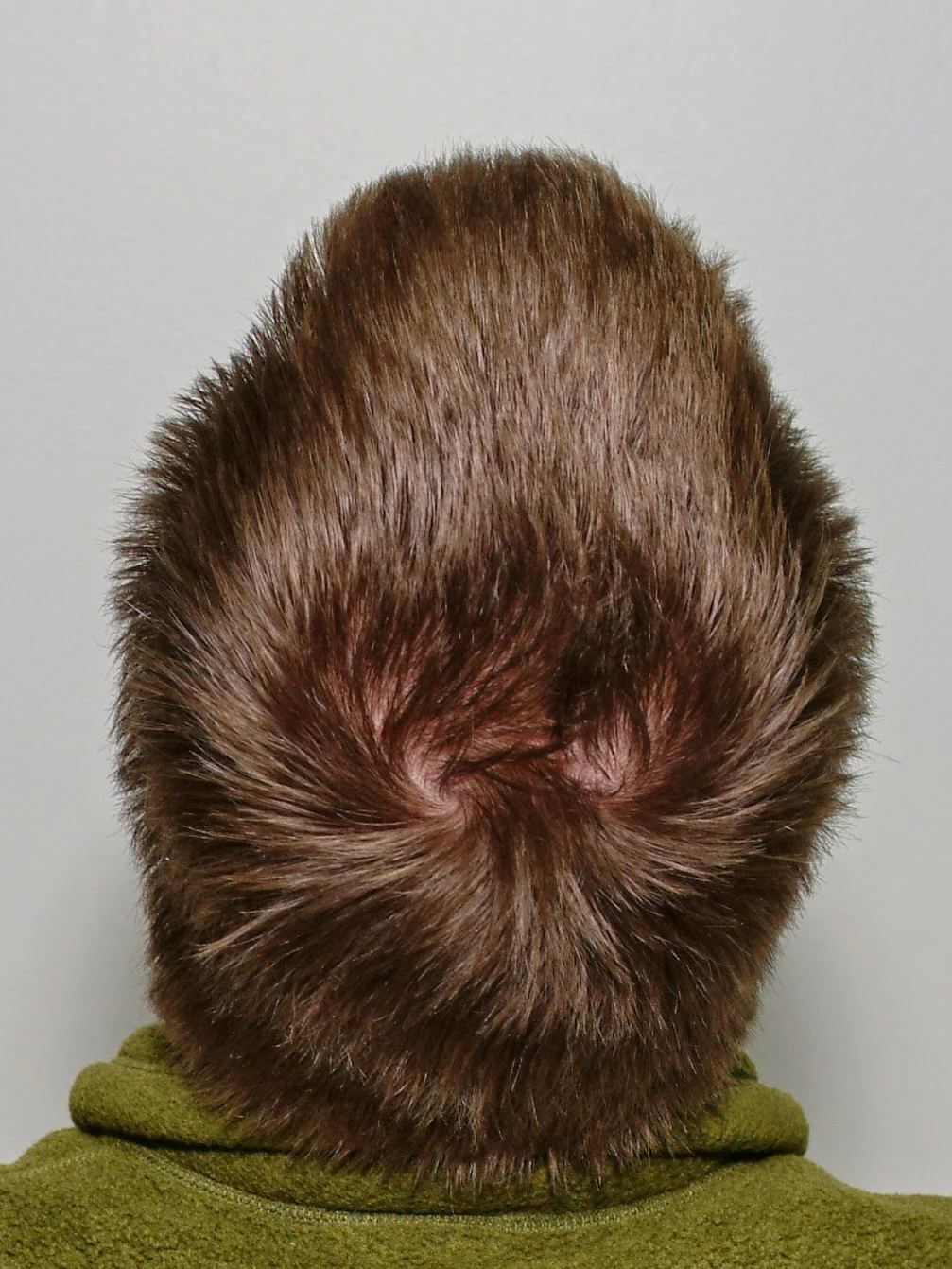I get an awful lot of correspondence from
people who tell me that they have a very sore and painful scalp that is
accompanying their accelerated hair loss. Sometimes, they also have itching,
flaking, or some discoloration (red or pink scalp) that is happening also. Many
people ask me why this is happening and if there is anything that they can do
to fix or help with this. I will discuss both things in the following article.
Some Things That Might Cause Sore Scalp
With Hair Loss:
There are a few things that might be
causing this condition. I will discuss them one by one. First up is telogen
effluvium. This is basically aggressive shedding that can occur for a variety
of reasons. Sometimes it is seasonal. Other times, it is due to medical issues,
stress, medications, or hormones.
Whatever the reason, the shedding is
often very dramatic and troubling. What is happening is that your hair is
changing it's life span by moving from growing to resting before it was
actually meant to happen. In short,
the hair cycle has been interrupted and
shortened. As the result, tons of your follicles are going to be going through
this change at once. You can sometimes literally feel this happening. When it
happened to me, I actually had specialists tell me that my pain could have been
psychological because I was so worried and concerned about my hair. I just
don't buy this. I know from forums that this is quite common and the redness
and pinkness that often accompany this is quite physical and evident merely by
looking.
 |
| Sore Scalp With Hair Loss |
Another common cause for this is allergic
or dermatological reactions of the scalp. Sometimes you use a new styling or
beauty product (hair dye is a common culprit) that burns or negatively affects
your scalp or causes some kind of allergic reaction. Occasionally, you will
develop a new sensitivity to an old product.) The hair loss that follows is a
direct reaction to this, but is often short lived once you discontinue the use
of the product.
The final cause that I will discuss (and
what many believe to be the most common and probable) is that the scalp is
reacting to androgens. Sometimes, this is because you are at a life phase where
you are genetically prone to become more sensitive to these substances. And
sometimes, the hormones that would balance this are starting to wane or lessen.
Other times, something in your body is over stimulating your follicles or your
scalp and causing the excess androgens, oils, or sebum. Whatever the reason,
the pain, redness, tightness or itching is the direct result of these
androgens. And, this in turn can damage or affect your follicles' ability to
retain and grow healthy hair.
An Important Question: Did The Sore Scalp
Start Before The Hair Loss Or After It?:
If you can pinpoint which action came
first, this can sometimes help you to uncover why this is happening. In the
case of telogen effluvium and with dermatological issues of the scalp or
allergic reactions, the sore scalp often comes after the hair loss. It is the
action of the follicles changing cycles which makes this happen.
But, with AGA (androgenic alopecia or
genetic hair loss,) the sore scalp often (but not always) comes before the hair
loss. The sensitivity or the androgens appear and then, as the result of these
struggles, the hair can not sustain itself as it once could because it is being
continuously negatively affected. To be fair, in all of these cases, the loss
of so much hair in such a short amount of time can give rise to serious inflammation
that can either make things with your scalp worse or bring on the problems that
this article has discussed.
So what you can do to help this
situation? Well, in terms of TE, you can try your best to lessen the
inflammation and to remove any trigger that is causing the shedding.
For
dermatological issues, you can remove the offending product. In the case of
AGA, you'll want to address both the androgens and the sensitivity. And all of
these scenarios can be helped by topicals anti inflammatories to help soothe
the scalp and to stimulate regrowth, without clogging the follicles.
Article Source: http://EzineArticles.com/3764442

Post a Comment